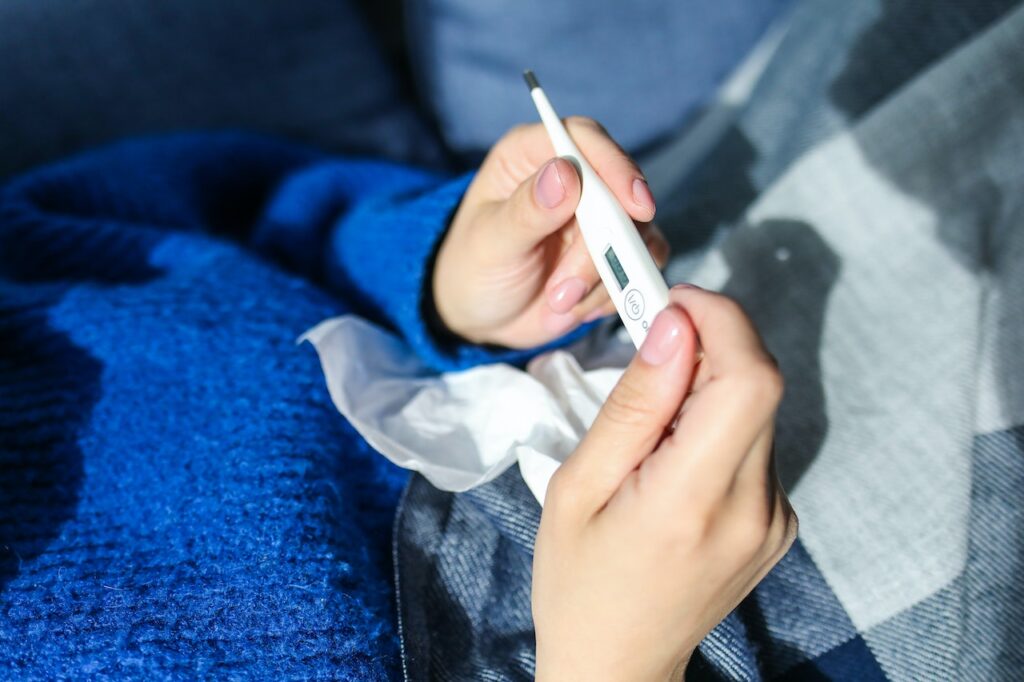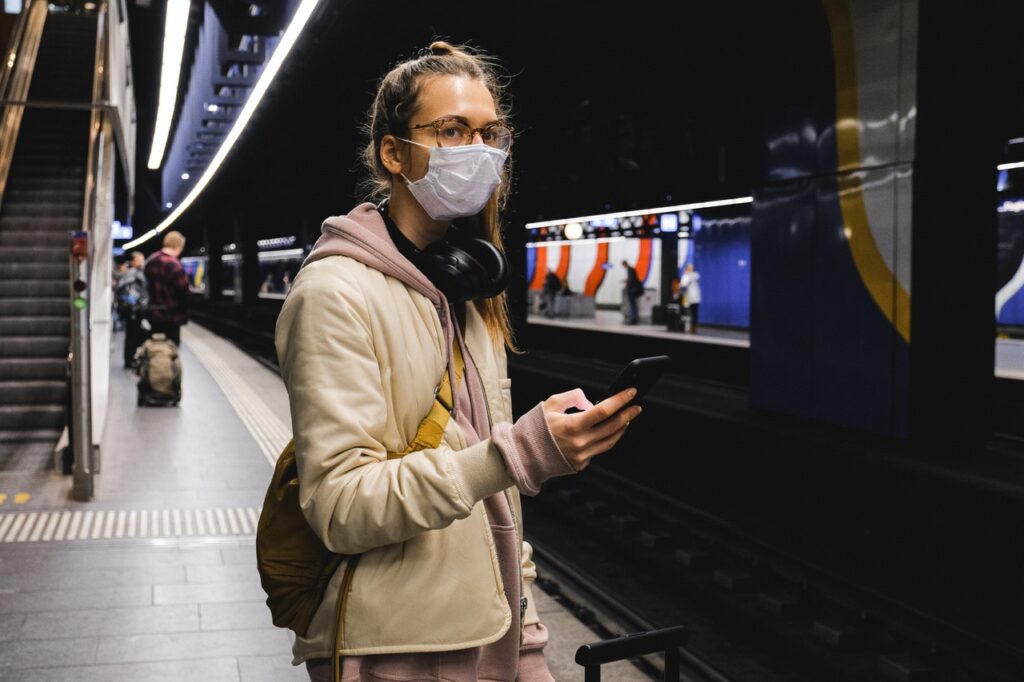Bump or monkeypox, cough or COVID-19: Am I seriously sick or am I living in 2022?

Fever, chills, bumps, rashes, sore throat, sniffles, headache, oh my – could having any of these symptoms mean you might be seriously ill?
What We Have Learned From 2021

No one can deny that 2021 has been a momentous year. It has had a mixture of the good, the bad and the ugly for sure. It has at times been frightening, confusing, comforting and educational. We have witnessed a very unusual presidential election, a subsequent denial by some of the validity of the election and an unheard of polarization of our peers and lawmakers. Most critically, we have endured a gift that keeps on giving; the novel coronavirus that has killed countless people world-wide and more fellow Americans than we would have ever anticipated. We have had to learn the meaning of the word epidemiology as it relates to health and wellness. Unfortunately, we now know explicitly what a spike protein is and looks like. More than ever before we have been influenced (for good and bad) by the internet and social media. Although we have been witness to conspiracy theories in the past, but this year has certainly been a boon time for them.
Building DBT Skills
Managing Parental Stress During COVID-19
Coping with COVID-19: Wellness Promotion in Adults
Navigating The Pandemic Paradox

Sometimes it seems as if we’ve all become trapped in a movie that is playing out worldwide. The coronavirus pandemic is like nothing we’ve ever seen before and has indelibly changed our lives. This time last year, people would have laughed if you’d predicted the shuttering of schools and businesses, that face masks would become a fashion statement, or that our normal lives would be turned upside down so completely. Yet, despite this upheaval, there are still good things that have come from the pandemic.
America’s germaphobes were ready for this — and have been for too long

Health anxiety disorder is underreported, according to the Anxiety and Depression Association of America, and possibly affects 12 percent of the nation’s population. (The group’s annual conference this week was nixed due to the coronavirus.) Those who suffer from the disorder are usually thought of as hypochondriacs or germaphobes.
Travel and Anxiety: Overcoming Nervousness On the Road

The battle between wanderlust and fear affects tens of millions of people every year.
How COVID-19 Fears Can Fuel General Anxiety Disorders

COVID-19 (coronavirus) has officially been declared a pandemic. Across the globe, people are being quarantined, cruise ships are being denied entrance to ports, and social gatherings have been curtailed. This has resulted in a stock market free fall and panic buying as people hoard food and products in case of their own quarantining.
Does Breast Cancer Awareness Month Increase Health Anxiety?

It’s October and pink ribbons are popping up everywhere. While this time of year is good for reminding women to do their breast self-exams or get an annual mammogram, it also can be a month of great concern for women who suffer from health anxiety.
